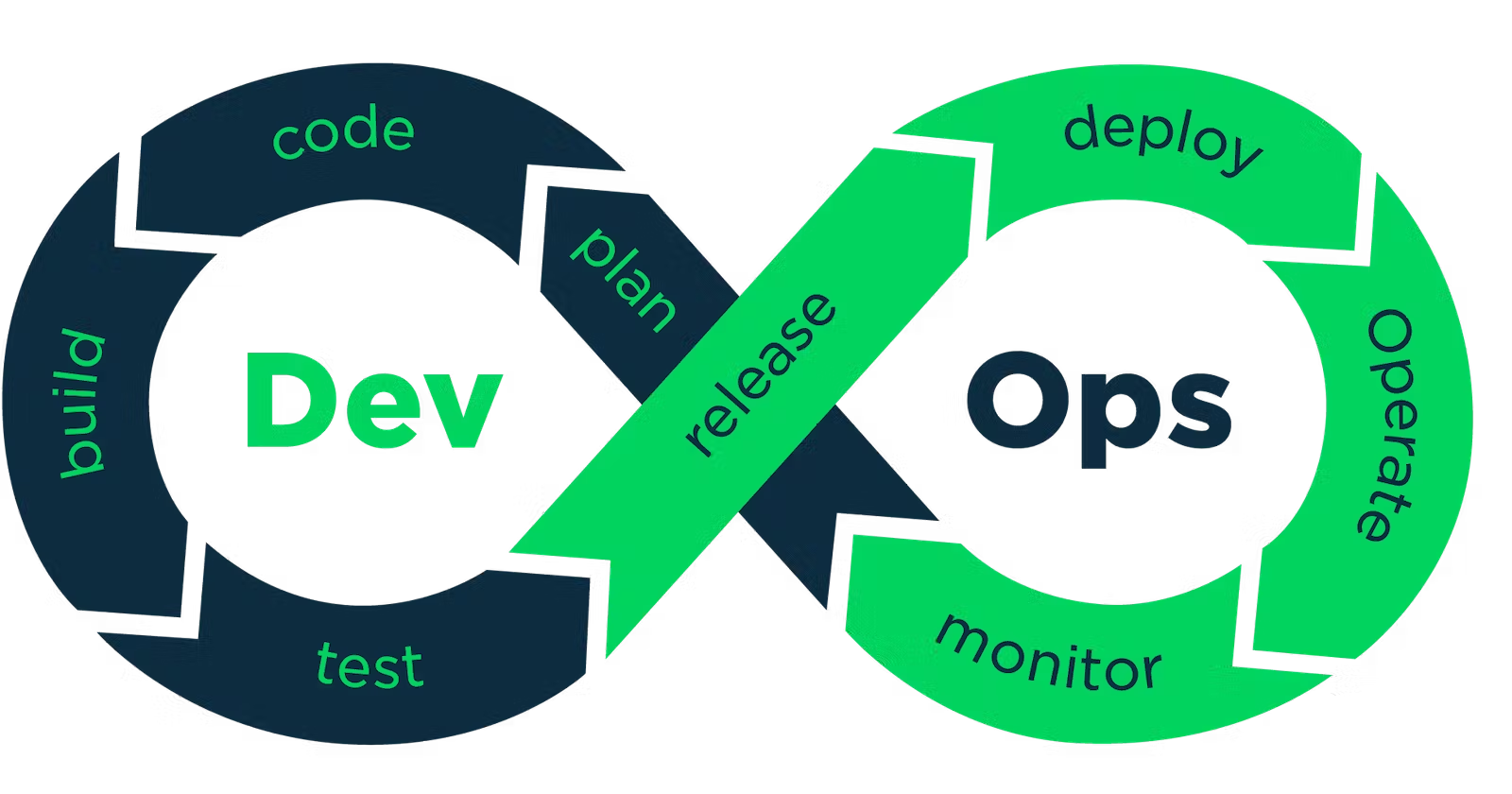Introduction to Devops
 Rohan Balgotra
Rohan Balgotra

The term "DevOps" is a combination of two words: "Development" (Dev) and "Operations" (Ops). It's a set of practices and principles that focus on improving collaboration and communication between software developers and IT operations teams.
What are Automation, Scaling, and infrastructure?
Automation:
Automation in DevOps means using technology to automatically perform repetitive tasks. It speeds up processes, reduces errors, and ensures consistent software development and delivery. Tasks like code testing, deployment, and infrastructure provisioning can be automated. Automation saves time, improves efficiency, and allows teams to focus on higher-value work.
Scaling:
Scaling in DevOps means handling more workloads by adding resources like servers. It ensures systems can handle increased user traffic without issues. It provides flexibility, improves performance, and ensures reliable software service delivery.
Infrastructure:
Infrastructure is the foundation of technological systems. It includes hardware, software, and networks needed to support data and applications. It's like the backbone that provides resources for storing, processing, and delivering information and services.
Why DevOps is Important, etc
Importance of DevOps
Collaboration: DevOps promotes collaboration and breaks down silos between development and operations teams, fostering better communication and shared goals.
Faster Time-to-Market: By automating processes and enabling continuous integration and delivery, DevOps reduces time and effort required to release new features and updates.
Continuous Feedback: DevOps emphasizes feedback loops, allowing teams to quickly identify and address issues, leading to improved software quality and customer satisfaction.
Increased Efficiency: Automation and streamlined processes in DevOps reduce manual effort, eliminating errors, and optimizing resource utilization.
Scalability: DevOps practices enable systems and infrastructure to scale effortlessly, accommodating increased workloads and user demand.
Resilience and Reliability: DevOps focuses on infrastructure stability, fault tolerance, and automated recovery, ensuring high availability and reduced downtime.
Innovation and Experimentation: DevOps fosters a culture of innovation, allowing teams to experiment, iterate, and continuously improve products and processes.
Security: DevOps integrates security practices throughout the software development lifecycle, addressing vulnerabilities and ensuring compliance with security standards.
Cost Efficiency: DevOps optimizes resource allocation, reduces manual tasks, and minimizes infrastructure costs, leading to overall cost savings.
Competitive Advantage: Adopting DevOps gives organizations a competitive edge by enabling faster innovation, better customer experiences, and efficient delivery of products and services
Subscribe to my newsletter
Read articles from Rohan Balgotra directly inside your inbox. Subscribe to the newsletter, and don't miss out.
Written by
